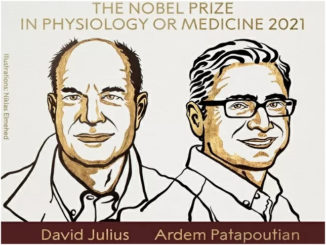
NEW JERSEY (TIP): The Marconi Society, dedicated to furthering scientific achievements in communications and related technologies, announced that it will present the 2017 Marconi Prize to Dr. Arun Netravali. Dr. Netravali is the former President of Bell Labs (now Nokia Bell Labs) and leader of pioneering work on video compression standards that served as the key base technology for MPEG 1, 2 and 4 and enabled a wide range of video services including digital TV, HDTV, and streaming video, ushering in a digital video revolution. The technology is used in most TV sets and all mobile phones today.
The Marconi Society, established in 1975 by Gioia Marconi Braga, each year recognizes one or more scientists who – like her father, radio inventor Guglielmo Marconi – pursue advances in communications and information technology for the social, economic and cultural development of all humanity. The awards ceremony will take place in Summit, New Jersey on Oct. 3, preceded by a symposium at Nokia Bell Labs in Murray Hill, on digital video and its societal impact.
“Few things have had a greater impact on communications in recent years than the digital video revolution led by Arun,” says Dr. Vint Cerf, Chairman of the Marconi Society and Chief Internet Evangelist at Google. “Everywhere you look, video is transforming the way we communicate on mobile devices and how we consume entertainment and news. Movies, YouTube, live streaming–it is literally transforming how people interact. The next generation of video based on this technology, including virtual reality, promises to revolutionize video consumption, delivery and business models once again.”
Dr. Netravali’s decades-long career at Bell Labs included launching research in video coding and compression in the early 1980s, and HDTV and video networking research in the early 1990s. He helped convince the organization to undertake big system initiatives like HDTV and Softswitch, and his research team proved the viability of HDTV, earning the company a trial with TV manufacturer Zenith. That resulted in the first commercially viable HDTV system.





Be the first to comment